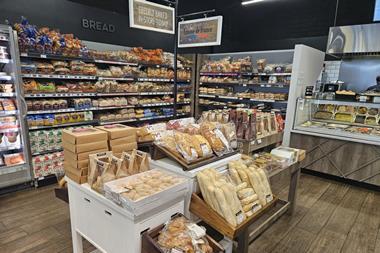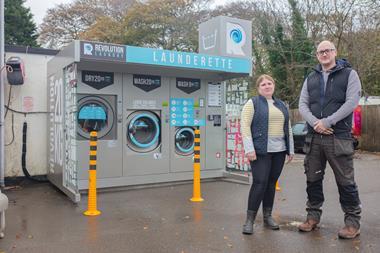No petrol retailer will be unfamiliar with price wars. But Allan Broughton, from Fisher’s Motor Centre at Sutton in Ashfield, was totally ticked off when he discovered that his local competitor, a symbol c-store, was selling newspapers for 10p less than cover price.
“I don’t mind competition on a level playing field,” says Allan, “but all he’s doing is taking customers from me. We’re all fishing in the same pond.”
Allan wondered whether there was still such a thing as resale price maintenance. I spoke first of all to trading standards’ press office. The man in charge said that, in this situation, you don’t stand a prayer of invoking the Competition Act. “It’s now a legitimate way of gaining market share. If it were a WH Smith next door, then it might be different,” he said, adding that very few goods these days had to stick to their manufacturer’s price. He could only think of one c-store example. “It is a crime for powdered baby milk to be discounted, for health reasons, because the product may be adulterated and because breast is best.”
Clearly we were getting diverted from our main subject so I rang the National Federation of Retail Newsagents for their take on the subject of news discounting. Stefan Wojciechowski, head of news and magazines, observed: “Publishers are passive about this. They are just interested in getting their margin.
“This guy selling papers very cheaply is probably a retailer working on a minimum entry level (MEL) trying to get turnover up to a sale-or-return basis.” (Allan Broughton later confirmed this to be the case.)
“MEL retailers don’t tend to change their standing orders. If they have a ‘red top’ market – Sun, Mirror, Star – the wholesaler might continue to send them broadsheets.” The advice then is to look closely at the order to make sure the marketing mix is correct. Any MEL retailer struggling to get his sales up shouldn’t just drop his prices, he should talk to his rep about getting the right order for his own local requirements.

































No comments yet